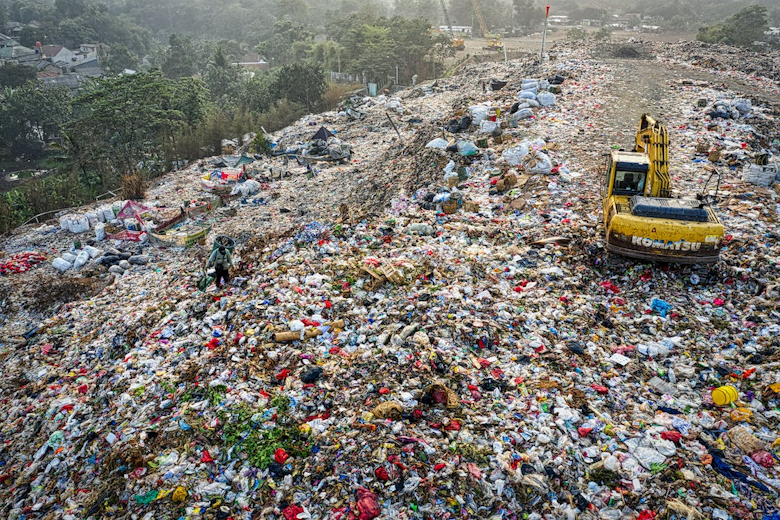
Everything you need to know about soil pollution diagnosis
A soil pollution diagnosis is an environmental audit to be carried out before acceptance of an industrial site. This helps preserve the environment of Georgia and the health of future occupants. Discover the essentials to know about this process in this article.
What are the challenges of soil pollution diagnosis
In general, old deposits of polluting substances not properly handled by waste management services on a site contribute to soil pollution. By carrying out a soil pollution diagnosis, you can determine the level and state of pollution of the land. Indeed, contaminated soil represents a serious health risk for the successors of the property concerned. In addition, the deterioration of water or air in the building comes in particular from polluted soils. Carrying out this diagnosis is then necessary in the context of:
- real estate purchase or sale
- building project
- operation of an industrial site
- change of use of a site
- cessation of activity, etc
Various pollutants must be identified during soil diagnosis:
- heavy metals: cadmium, copper, zinc, chromium, mercury, nickel, etc
- hydrocarbons: tars, fuels, solvents, etc
How is the soil pollution diagnosis carried out
Actions to take before diagnosis
Before going to the field, the following parameters must be defined to successfully carry out the soil pollution diagnosis:
- how to limit the financial and legal impacts of undiscovered pollution in the event of real estate purchase or sale
- the measures to be put in place to prevent the discovery of soil pollution during construction work
- how to establish the environmental state of the site’s environments in the event of cessation of activity
- the means at your disposal to check the compatibility of the quantity of the basement with the use planned for the site
The initial diagnosis of soil pollution
As specified by waste experts at Dumpster Rental Near Me Gainesville, the initial diagnosis of soil pollution consists of carrying out a preliminary in situ study of documents relating to the state of the soil. This aims in particular to analyze the geological and historical situation of the soil. This analysis is presented in the form of:
- historical study
- vulnerability study
- documentary
- memorial, etc
Only an expert in waste management and environmental diagnosis can carry out this initial study to determine whether it is necessary to take samples.
Initial and detailed investigations
Several control and analysis operations are carried out during an initial and detailed investigation:
- surveys
- drilling
- specimens
- development of conceptual diagrams
- definition of the issues to be protected
- interpretation of the state of the environment
- identification of risks
- management implementation control
- verification of files, easements, etc
Characterization of soil quality
Characterization of soil quality is initiated if it turns out that samples are required. To do this, core drilling 1 to 5 m deep is carried out. The nature of the activities initially carried out on the site is used as a benchmark to determine the components to look for. The environmental diagnosis expert will then interpret the analysis results of the samples one week after sending the report.
Once soil pollution management measures have been taken, the successor receives an ATTES certificate.
Who is affected by the soil pollution diagnosis
ICPE (Installation Classified for Environmental Protection) and owners of property located in a SIS (Soil Information Sector) are obliged to use a soil pollution diagnosis. If pollutants have been detected after detailed investigations, the operator must take charge of restoring the land. Moreover, the successor’s notary may require this diagnosis to be carried out if the interested party has any doubts about the condition of the soil.